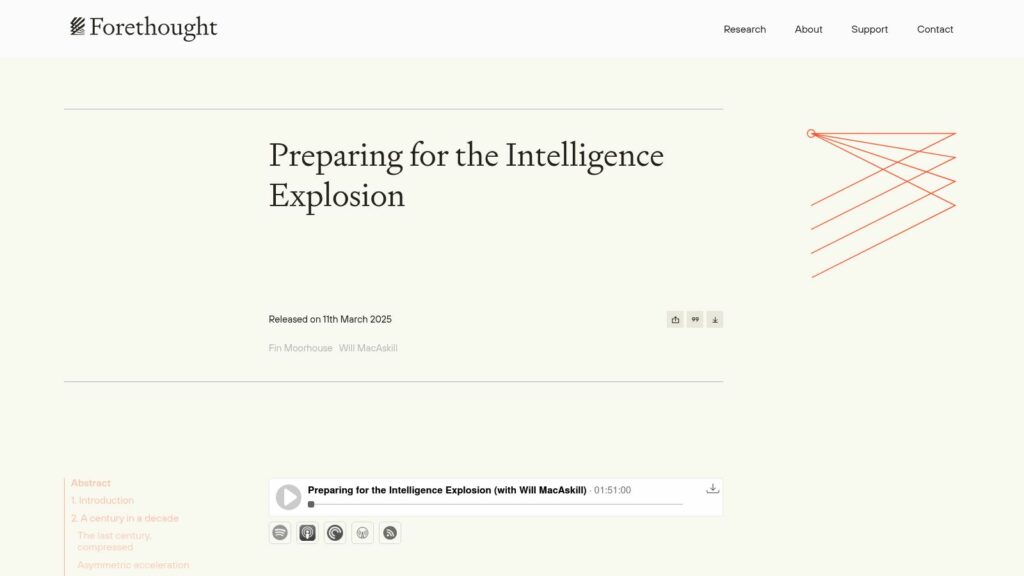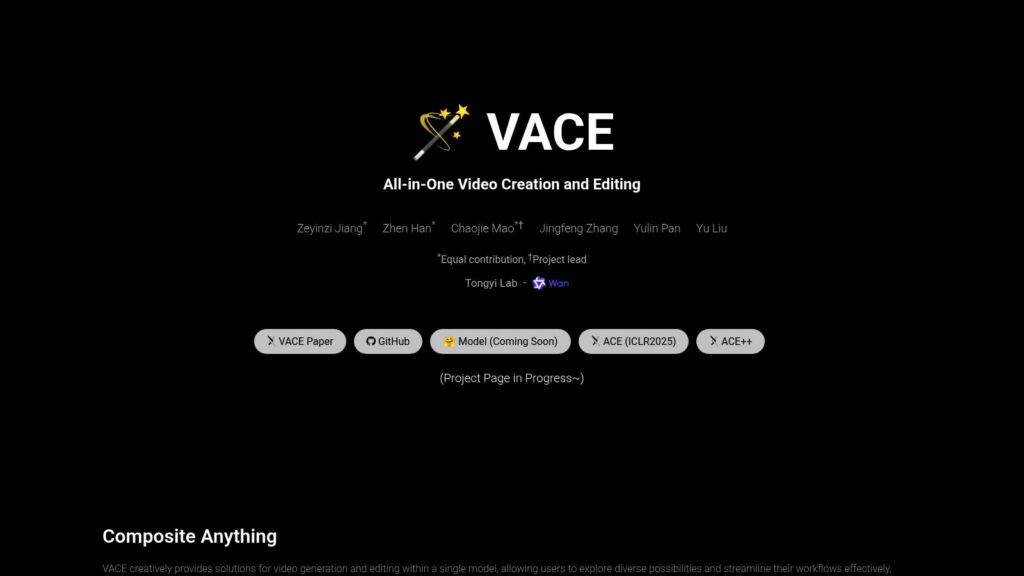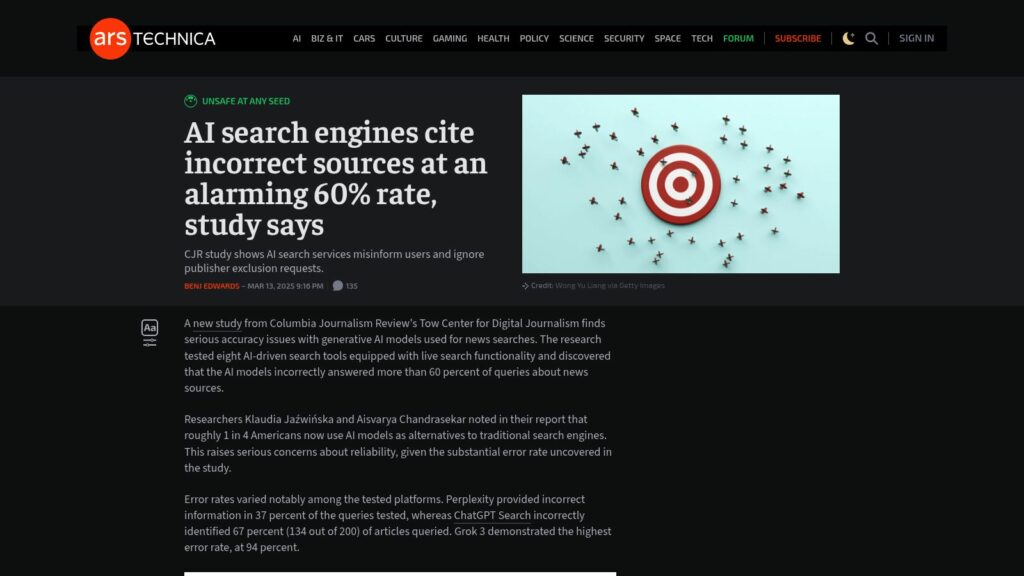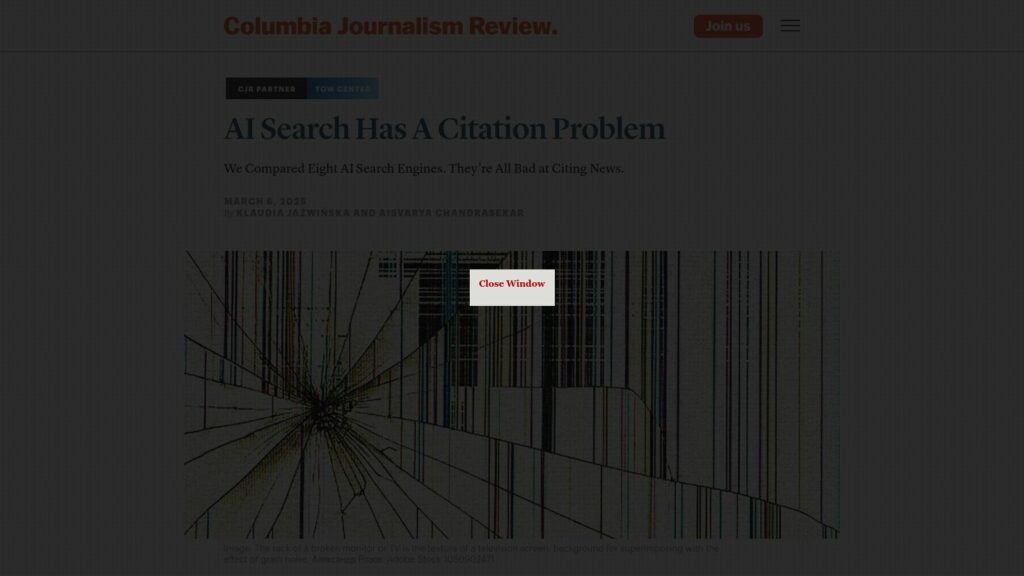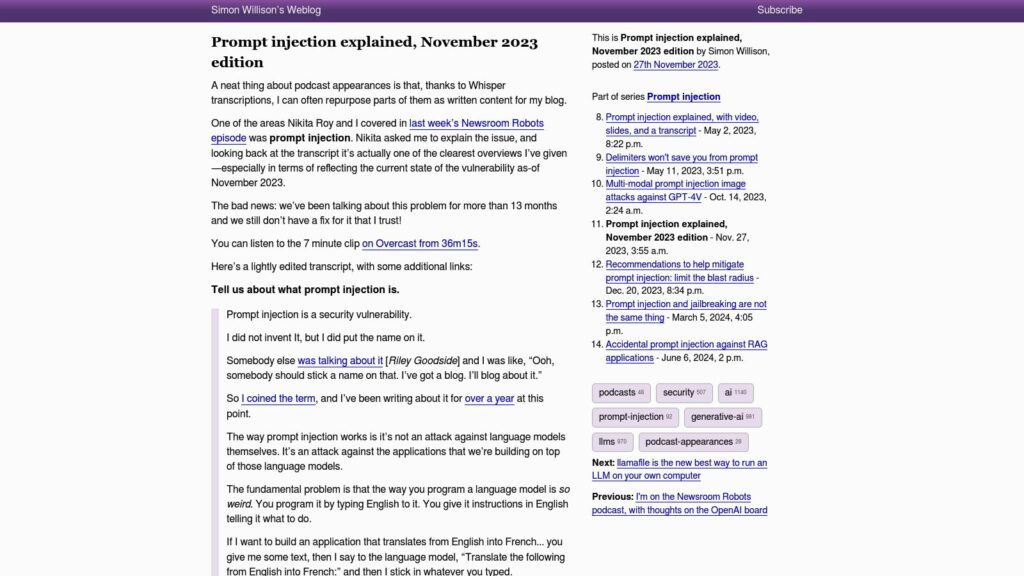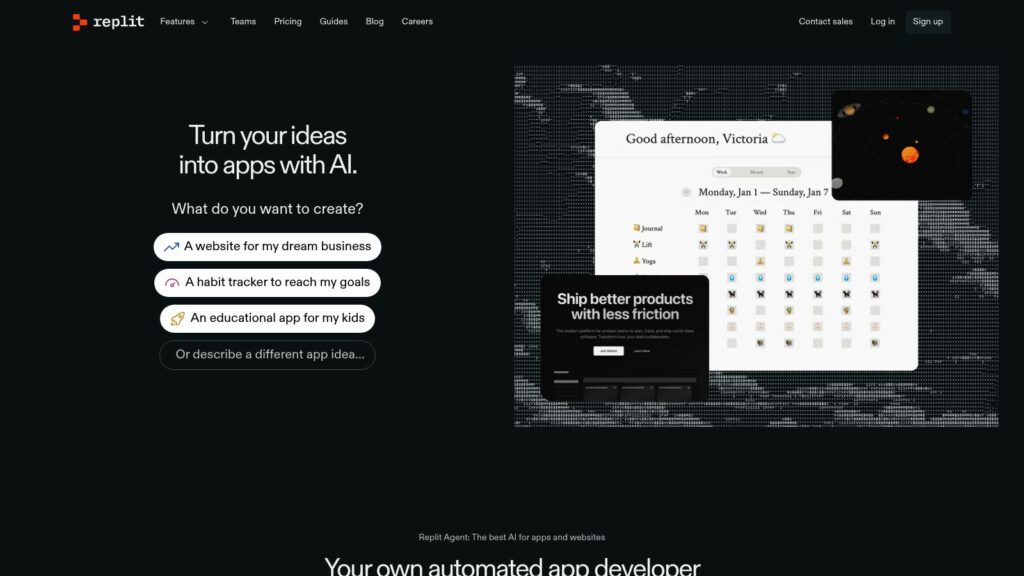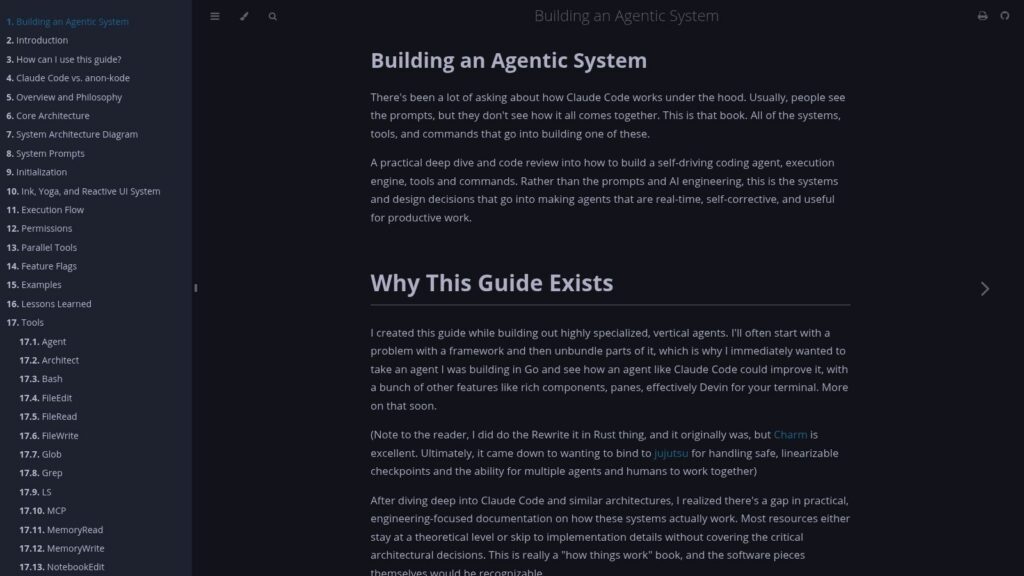Preparing for the Intelligence Explosion
Extreme TL;DR:
“Preparing for the Intelligence Explosion” discusses the potential for AI to accelerate technological progress equivalent to a century's advancements in just a decade. This rapid evolution presents both opportunities and significant challenges, termed grand challenges, including risks from AI, new technologies, and socio-political upheavals. The authors argue for proactive AGI preparedness to address these challenges before they arise, emphasizing that relying solely on aligned superintelligence is insufficient. Suggested preparations include creating policies to prevent power concentration, empowering responsible actors, and improving collective decision-making processes. The paper emphasizes the need for readiness amid accelerated change and uncertainty.
https://www.forethought.org/research/preparing-for-the-intelligence-explosion
